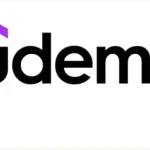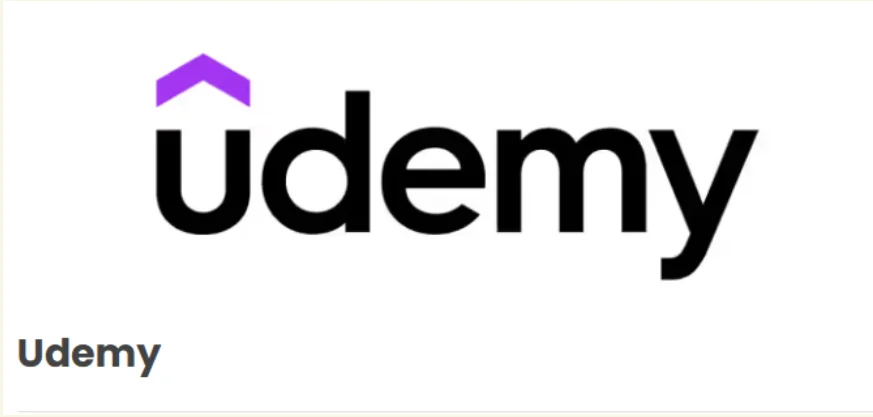Singapore Cracks Down on Online Scams with Meta Order
The Singapore Police Force has directed Meta Platforms to implement anti-scam measures across Facebook ads, accounts, business pages, and profiles impersonating government officials. This marks the first enforcement under Singapore’s Online Criminal Harms Act, which came into effect in February 2024.
Failure to comply could see Meta fined up to S$1 million ($775,698), officials confirmed.
Why Facebook Is Under Scrutiny
Speaking at a briefing, Minister of State for Home Affairs Goh Pei Ming said Meta was singled out because:
- Facebook is the top platform used by scammers for impersonation scams.
- Over one-third of all e-commerce scams in 2024 occurred on Facebook.
- Facebook Marketplace was rated weakest among six major e-commerce platforms for anti-scam protections.
“More decisive action is required to curb these scams,” the minister stated.
Rising Scam Cases in Singapore
Police statistics show a sharp rise in impersonation scams:
- 1,762 cases were reported in the first half of 2025, nearly triple the 589 cases in the same period last year.
- Financial losses surged to S$126.5 million, an 88% increase from S$67.2 million in 2024.
The scams often involve criminals impersonating government officials to deceive victims into handing over personal or financial information.
Meta’s Response to Scam Allegations
A Meta spokesperson said the company has already deployed multiple safeguards, including:
- Specialised detection systems, such as facial recognition technology, to identify impersonating accounts.
- Expanded detection and review teams.
- Advertiser verification processes to prevent fraudulent ads.
- Tools and tips to help users report scams and avoid fraud.
“We continue working with law enforcement and will take legal action against criminals behind these scams,” the spokesperson said.
Government’s Previous Criticism of Meta
Singapore’s Ministry of Home Affairs has previously criticised Facebook for inadequate scam protections. In response, Meta introduced:
- Enhanced seller verification on Facebook Marketplace.
- In-product safety notices to warn buyers of scam risks.
- Anti-scam alerts in messaging to flag suspicious activities.
Despite these steps, authorities maintain that more robust measures are required to protect users.
Conclusion: A Turning Point in Singapore’s Online Safety Laws
Singapore’s order to Meta highlights the government’s zero-tolerance stance on online scams. With the potential S$1 million fine under the Online Criminal Harms Act, this case sets a precedent for holding Big Tech accountable for user safety.
As impersonation scams and e-commerce fraud continue to rise, Singapore’s actions may serve as a model for other countries tackling online criminal harms.

















